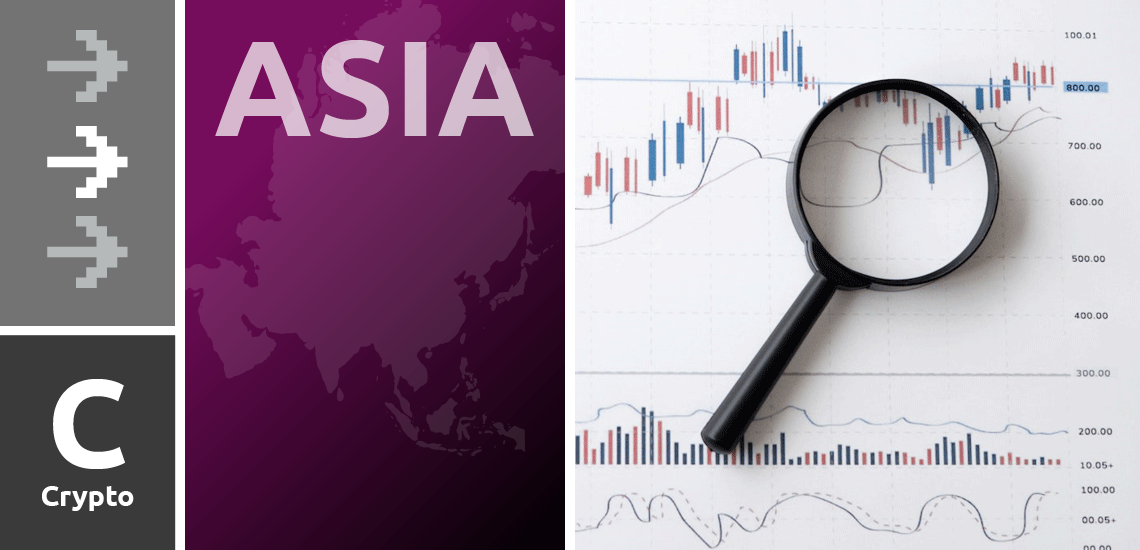
The Bitcoin network has reported a hash rate of 400 terahashes per second, a figure never before seen in its history. This upswing in the hash rate is similar to the run-up to the 2020 halving event, which typically halves block rewards. However, this achievement comes with a high energy consumption cost.
In response to this, Laos’ state-run electricity entity, Électricité du Laos (EDL), recently announced a suspension of electricity supplies to cryptocurrency mining operations. This was due to a combination of factors, such as an intense drought, increased electricity demand, and the limitations of its hydropower plants.
The Bitcoin Halving in 2024 could bring more problems to miners due to the hash rate. Already, miners are facing increased operational challenges due to decreasing rewards. Jaran Mellerud of Hashrate Index anticipates that inefficient mining operations with elevated costs could affect nearly half of all miners. This could lead to a possible consolidation or even a departure in the mining sector, with many potentially facing an incremental cost of $.08 k/h. Wolfie Zhao, head of research of Blockbridge, told Bloomberg that public mining companies pay $10,000-$15,000 for every BTC mined. Estimates suggest, however, that after the halving, mining 1 BTC will cost between $20,000-$30,000.
This News Article was automatically generated by Bob the Bot(AI)
| Information | Details |
|---|---|
| Geography | Asia |
| Countries |  |
| Sentiment | neutral |
| Relevance Score | 8 |
| People | James Straten, Wolfie Zha, Jaran Mellerud |
| Companies | Hashrate Index, Bloomberg, Électricité du Laos (EDL), Jaran Mellerud, Blockbridge |
| Currencies | us dollar, thai baht, ethereum, lao kip, bitcoin |
| Securities |

